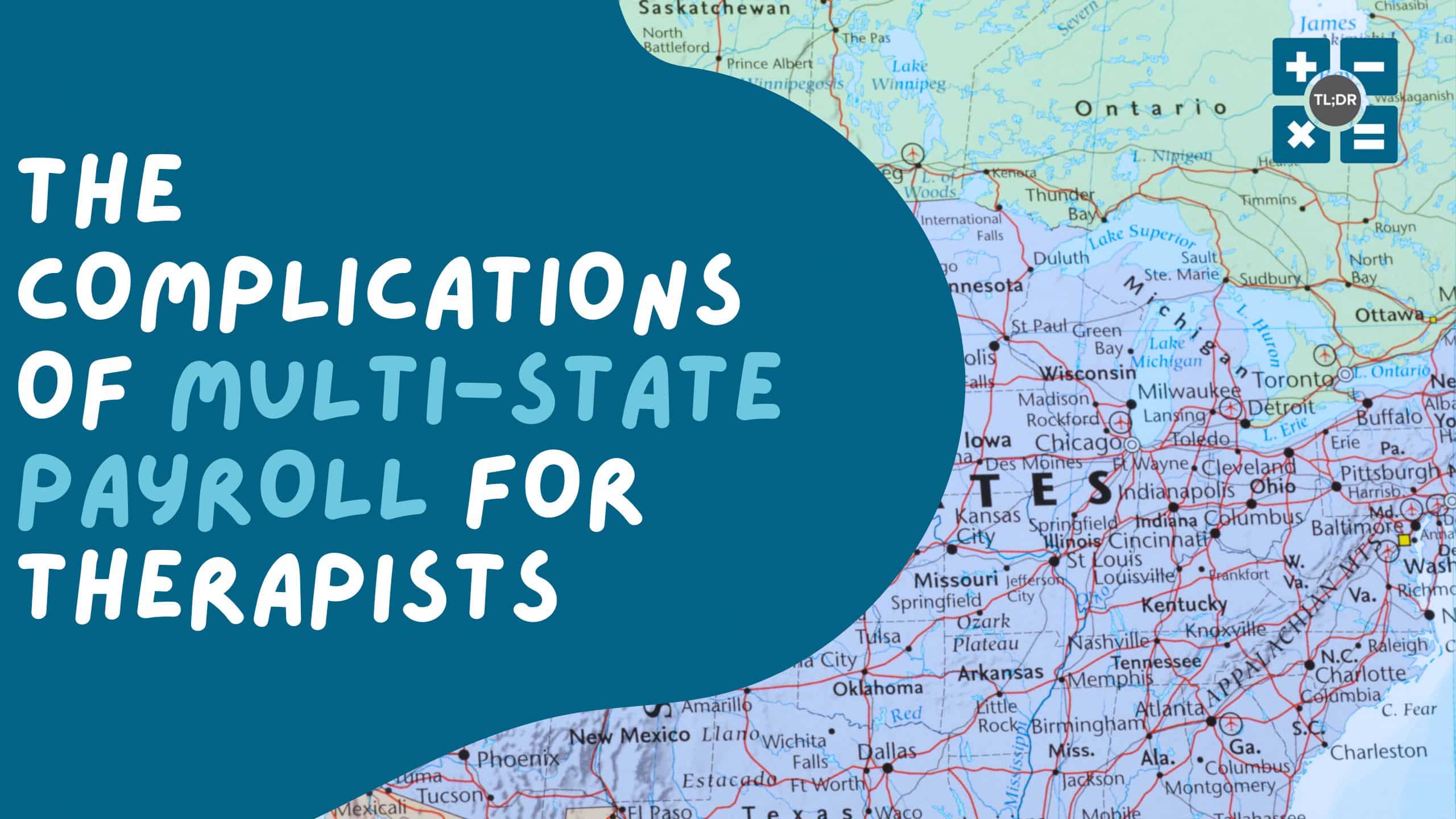So you’ve read Like a Boss, Part I. After considering our guidance and adding a dash of soul-searching, you’ve decided it’s time to hire one or more employees. Great! Now how do you do it?
Lay the Groundwork
Sure, you could just go ahead and hire someone, but it’d be much better to have a hiring system in place. Have you ever hired onto a company who didn’t seem to know what they were doing as far as onboarding? You don’t want to be that company, do you?
Let’s talk about the kinds of systems you want in place, and the knowledge it’s good to have, before that first employee walks through your door.
In Washington
You need to make sure that you refile your business license and check the box that you are hiring an employee within 90 days. This starts a behind the scene process over at the Employment Security Administration offices. You will receive information from them including your ES Reference number, your SUI Tax Rate, EAF Tax Rate and your Workers’ Comp Risk Class. All of this is needed to set up your payroll software, correctly. (We can help with setting it up if that’s not your jazz.)
Get an Employer Identification Number (EIN)
The IRS requires every employer to have an EIN. It’s like a Social Security Number for a business (it’s also 9 digits). Many services can help you get an EIN, or you can do this for free on the IRS website.
Choose a Payroll Software Package
If you read our Like a Boss, Part I article, you know that we strongly recommend using a payroll software package. Doing payroll by hand is simply not cost-effective for your time…or anyone’s time for that matter. There are so many state and federal agencies involved and more monthly, quarterly, and/or annual reports than you can shake a stick at. Plus, the timing of the required reports will change as your business grows.
We at TL;DR require all of our clients to use Gusto payroll software, a package that tracks all of these legal requirements and grows with your business.1
Establish an Interview Process
Let’s begin at the beginning. When it comes to your hiring process, there are decisions that you need to make as well as employment laws that you need to keep in mind. Ask yourself:
- What are your requirements? Think carefully about this: Do you need someone with a four-year college degree or is it simply a preference? How many years of experience do you require?
- Please note that many applicants have learned to apply for jobs for which they don’t meet the requirements because many job posters are in the habit of inflating job requirements beyond what’s reasonable.
- What kind of screening process would you like to use? It’s highly recommended to have some way to weed out job seekers who indiscriminately apply to every single job they see without really reading the job description. One way to do this is to require a job application, or to ask pre-interview questions in the job posting.
- Keep in mind that screening is meant to save you time; ideally you want to spend all your time interviewing valuable candidates and the rest of your time, you know, doing the actual work stuff.
- What kinds of questions do you want to ask in the interview? Note that this should be a general guideline and that you should have some flexibility to adapt your questions based on what you see in the candidate’s application materials.
- A side benefit of adapting your questions is that it’ll be easier to tell the applicants apart after an exhausting day of interviewing.
Ok, let’s move on to some times that are not up to you. That’s right: legal requirements. Most of these relate to questions you shouldn’t ask or topics you shouldn’t bring up.
- Age: You can only ask about a candidate’s age if it directly relates to the nature of the job. That is to say, you can only hire a bartender who is 21 or older in the US. Avoid asking about when a candidate graduated high school or college, because these events are generally tied to a certain phase in a person’s life and can lead you to suss out a vague understanding of the candidate’s age.
- National Origin: You can ask whether a candidate is eligible to work in the United States, and you can require evidence of this because otherwise it can put you in legal trouble. Beyond this, don’t ask any questions about which country someone is “from,” where their parents are from, or any other question of the sort. This also applies to race, skin color, and religion — just don’t go there! Furthermore, while you can require employees to be able to speak English if that is necessary, you cannot require that employees only speak English at work.
- Gender: Take our advice and just don’t go there. No questions about gender, about whether a candidate has children or is planning to have children, or anything else of the sort.
- Disability: Be very careful here. You can ask if a candidate is able to do the job, but if they weren’t then they wouldn’t have applied right? Do not ask if a candidate is disabled, ask about medical issues, or ask about their history of filing workers’ comp.
Why are you not supposed to bring any of this stuff up? Because if the candidate is not hired, then they can later try to sue you and say they weren’t hired because you thought they were too old, too young, too likely to get pregnant soon, or some other item that is not a BFOQ (Bona Fide Occupational Qualification) — something directly related to being able to do the job. Sure you could argue that a person can’t do their job while on maternity leave, but just take our word for it: this is boiling hot legal water.
“But what if I’m going to hire them anyway?” you might ask. Well, in that case, all the other people you didn’t hire could sue you for not hiring them because, they could argue, you chose your candidate based on age, gender, race, or any other non-BFOQ characteristic.
Consider Background Checks
In order to keep from accidentally running afoul of employment laws, consider having a third party run your background checks. This is not our legal area of expertise at TL;DR and we encourage you to get a full understanding of the state and federal legal issues involved by speaking with a background checking company.
Report Your New Hires
In the State of Washington, it’s a legal requirement to report all new hires to the Employment Security Department. Often your payroll software can do this for you by checking any relevant boxes or options.
The purpose of WA State New Hire Reporting is to identify employees who owe child support in case their wages must be garnished, and to ensure that there is no abuse of unemployment insurance income on the part of the new employee.
Put Up Those Posters!
If you have employees, you are legally required to put some posters up at your workplace. There are many third party companies who will do their best to scare you into paying them for posters, but keep this in mind: you don’t have to pay through the nose to a third party to get their posters. Posters can be downloaded or ordered for free through the WA State Dept of Labor & Industries website.
TL;DR: You carefully weighed the pros and cons of hiring an employee, and now it’s time to carefully weigh your options when it comes to hiring. Yes, the word of the day is careful. We hope you’ve carefully read this article as well. If you need help, schedule an appointment!
1TL;DR: Accounting may earn a commission or credit for completed Gusto signups made through our referral link, though any such commission does not impact our honest recommendation of the software and service.






